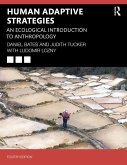
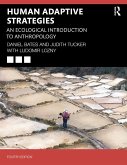
Broschiertes Buch
An Ecological Introduction to Anthropology
4. Aufl.
31. Mai 2023
Routledge / Taylor & Francis
Ähnliche Artikel
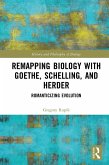
eBook, ePUB
18. März 2024
Taylor & Francis eBooks

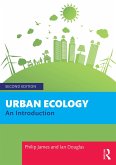
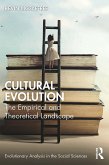

eBook, ePUB
26. Februar 2024
Taylor & Francis eBooks



eBook, ePUB
15. Mai 2024
Taylor & Francis eBooks
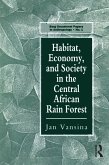
eBook, ePUB
16. Dezember 2020
Taylor & Francis eBooks
Ähnlichkeitssuche: Fact®Finder von OMIKRON
